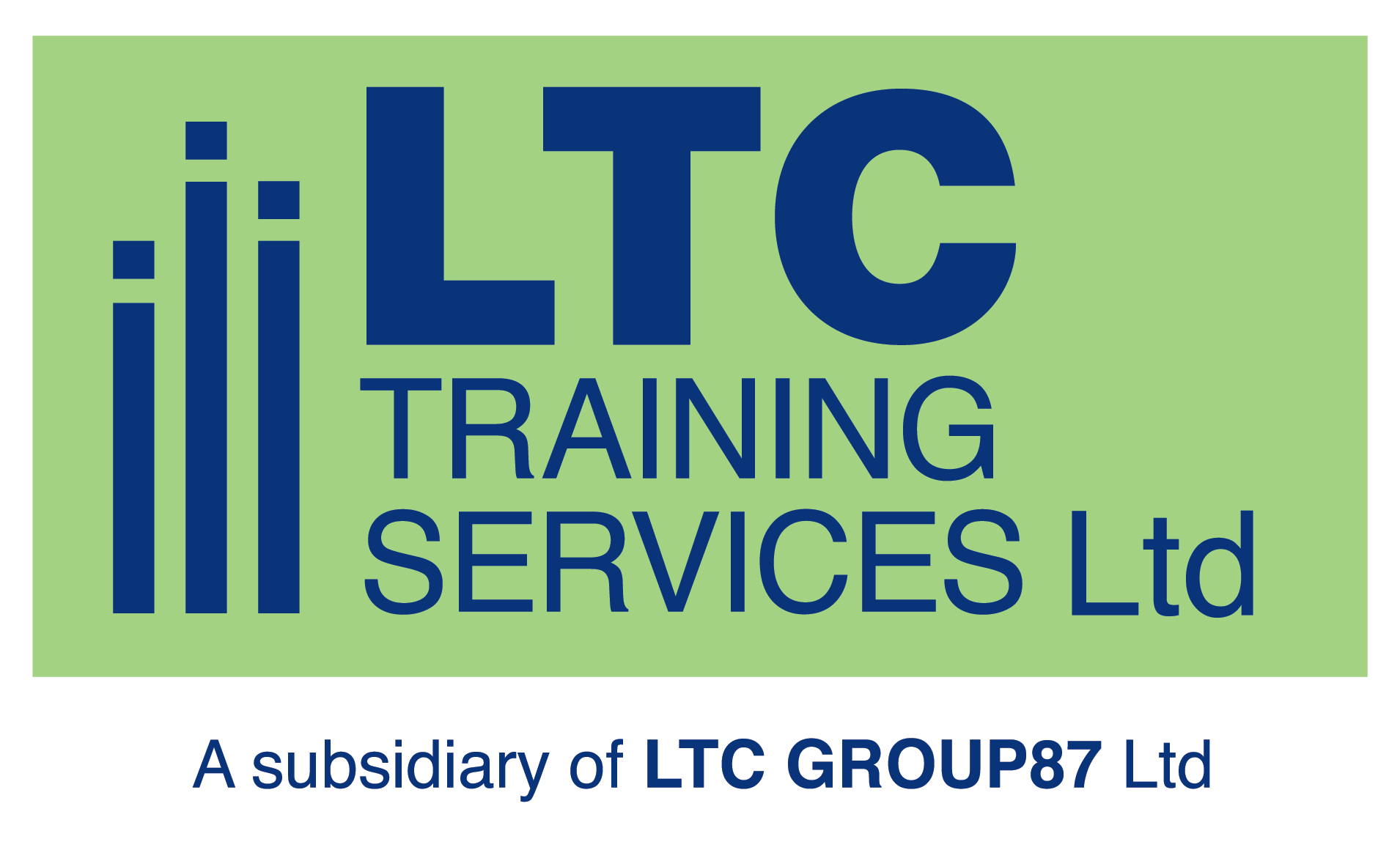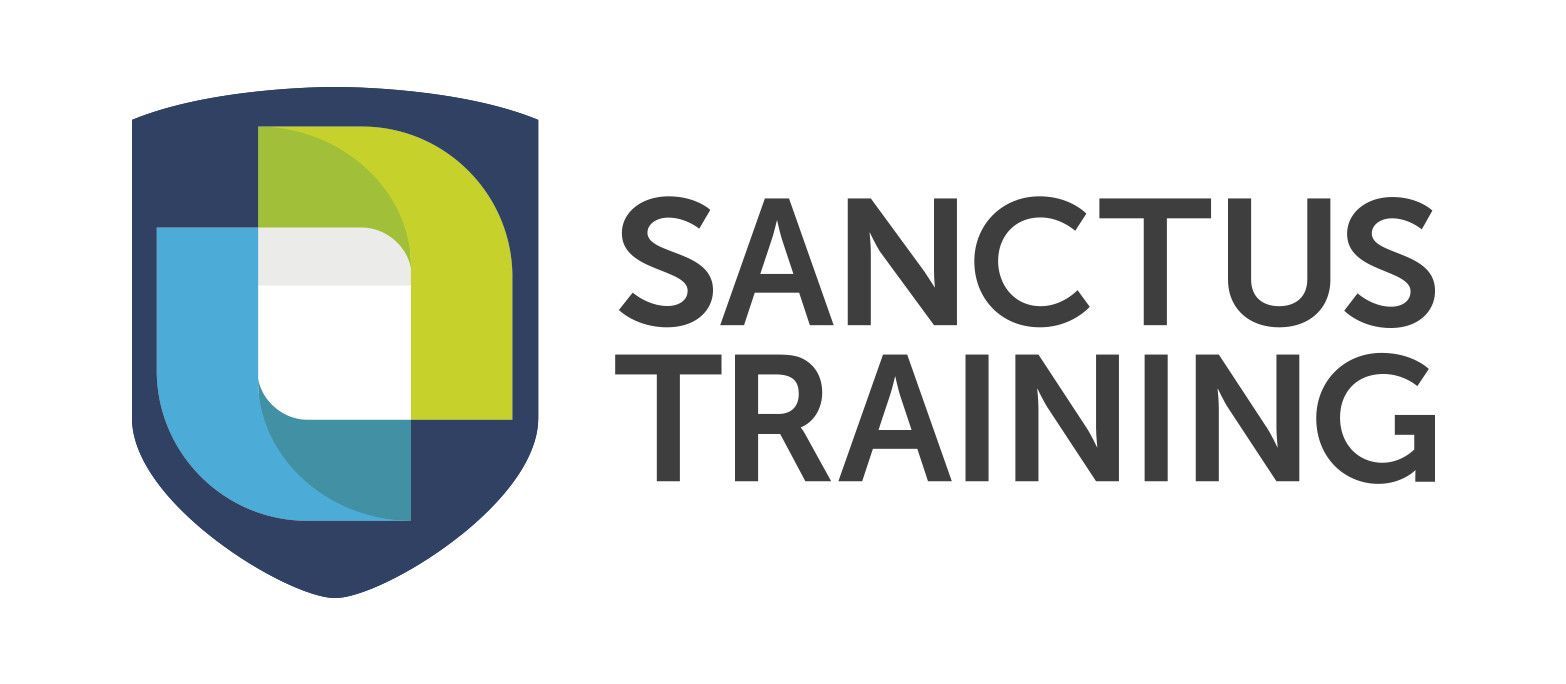Training
Current courses
Our current programmes and courses are circulated to members every quarter and cover disciplines that are vital in every construction company. The lists are not exhaustive – if you need a course, let us know and we’ll find it!
We can also arrange private courses with training providers so our members can mutually benefit and plan training to suit their own needs.
Visit the Membership Hub for more information
The Plymouth Construction Training Group is committed to promoting training activity to the construction industry and its wider membership and is open to all construction employers and associated industries who wish to participate.
Training is provided in the following areas:
- Health & Safety
- Apprenticeships
- Craft Trades & Operatives, and
- Management & Supervisory
We also encourage our members to highlight any individual training requirements, as this may result in the development of new courses either in-house at the PCTG or with training providers.
We have strong relationships with training providers within Plymouth and further afield to ensure that members receive the full benefit of their association with us. Excellent industry led training at member only negotiated rates to promote continued training, keeping their work force safe and compliant.
We're not alone, there are other Construction Training Groups all over the country, so we have the opportunity to co-operate with them on training.
We believe apprentices are very important in securing the future of the construction industry. We do everything we can to support and promote apprentices throughout the construction industry in Plymouth. We also advise employers on the grants available to them for providing apprenticeship placements.
A few of the CITB Approved Training Organisations we partner with






Funding for Training and Innovation
The CITB encourages training for the construction industry and the Levy payments from the industry goes towards making sure the industry is funded so we have the skilled workforce it needs.
As a one-person company, sole trader, sub-contractor to a small and to large companies, if you are wholly or partly involved in construction then it is law, under the Industrial Training Act 1982, to be registered with the CITB and you don't necessarily have to pay a Levy!
In essence there are 3 main types of grants from the CITB:
Short duration grants - those courses recognised by the CITB which they pay for, up to a maximum amount (payroll amount dependent). These also attract Tier funding on completion of the course regardless of receiving any initial funding. Part of this grant is also non-eligible training (based on innovation and/ or courses, outside of the norm that would specifically benefit construction businesses)
Qualification grants - courses that take more that one year to complete such as higher level qualifications, HND, HNC, National Certificates, Diplomas, MSCs, BSCs etc.
Apprenticeship Grants -
these are for any age group and not just for crafts in construction, they also are also available for surveying, design, engineering and management roles in construction.
Health & Safety
Health and safety is relevant to all businesses. So, if you are an employer – or are self employed – you are responsible for the health, safety and welfare of employees and any others who may be affected by what you do. This includes employees, casual or part time workers, trainees, customers, neighbours, sales people and members of the public.
Contractors, small business and the workers under their control are those at most risk of injury and ill health on construction sites and suffer the majority of construction fatal accidents each year. Most deaths involve falls from height including: ladders, scaffolds, working platforms, roof edges, and falls through fragile roofs or roof lights. Because they have first-hand experience in doing the actual work, they are in a good position to ensure the work is carried out in a way which secures their own health and safety and that of others.
It applies to All
Health and safety applies to sub-contractors, any individual, sole trader or self-employed worker.
It is law and failure to comply can lead to fines, imprisonment and disqualification.
A contractor must be able to demonstrate that they have the skills, knowledge and experience and, where an organisation, the organisational capability to carry out the work safely and without risk to health.
Similarly, when a contractor employs or appoints an individual to carry out construction work, they must make sure the individual has the skills, knowledge, experience and training to carry out the work in a way that secures health and safety, or is in the process of obtaining them.
The required level of skills, knowledge and experience (and training where required) should be proportionate to the complexity of the work and the range and nature of the risks involved.
NVQ's Training
NVQ's are work-based awards achieved through assessments, training and a portfolio of evidence. They are an ideal way for employers to develop the careers of individual members for their workforce, whilst they are working. Depending on the NVQ, it can run for about 3 to 24 months.
There are grants available from the CITB, as part of the Skills & Training Bid and for the achievement of approved short-period qualifications in core construction skills. These include:
- NVQ at Levels 2 and above and SCQF at Levels 5 and above
- National Examination Board in Occupational Safety and Health (NEBOSH) National Certificate in Construction Health and Safety
- Plant-related vocational qualification (VQ) achievements
- Specific plant-related VQ units
The PCTG have a long-term relationship with JRS Training for delivering NVQ's for our members.
Apprenticeships
Earn while you learn!
An apprenticeship usually lasts between 2 and 4 years, depending on where you’re based and what level of qualification you’re studying for. During this time you will be allocated an Apprenticeship Officer to support and guide you through your training programme.
As an apprentice, you will:
- be in full-time employment
- be paid a minimum of £95 a week – many apprentices earn considerably more
- gain a nationally recognised qualification
- get hands-on experience to help you develop the skills you need to kick start a successful career
On the job training is structured and agreed with your employer to ensure you learn the right skills. Off the job training is arranged for you at a college or training centre. You can complete this training on day release or over a number of days in a series of blocks.
An Apprenticeship gives you Qualifications as well as Skills.
Most apprentices follow a Traditional Apprenticeship route, which combines college (or training provider) attendance with learning on site. There are also Specialist Apprenticeship Programmes which include training from a corporate manufacturer or trade association instead of college.
As part of your apprenticeship, you will achieve an NVQ which is the main qualification to show you can do your job. You can also use this to qualify for the CSCS card schemes, which are essential for getting on site.
The following qualifications will also be part of your apprenticeship: NVQ Diploma, Diploma, Functional Skills and Employment Rights and Responsibilities.



